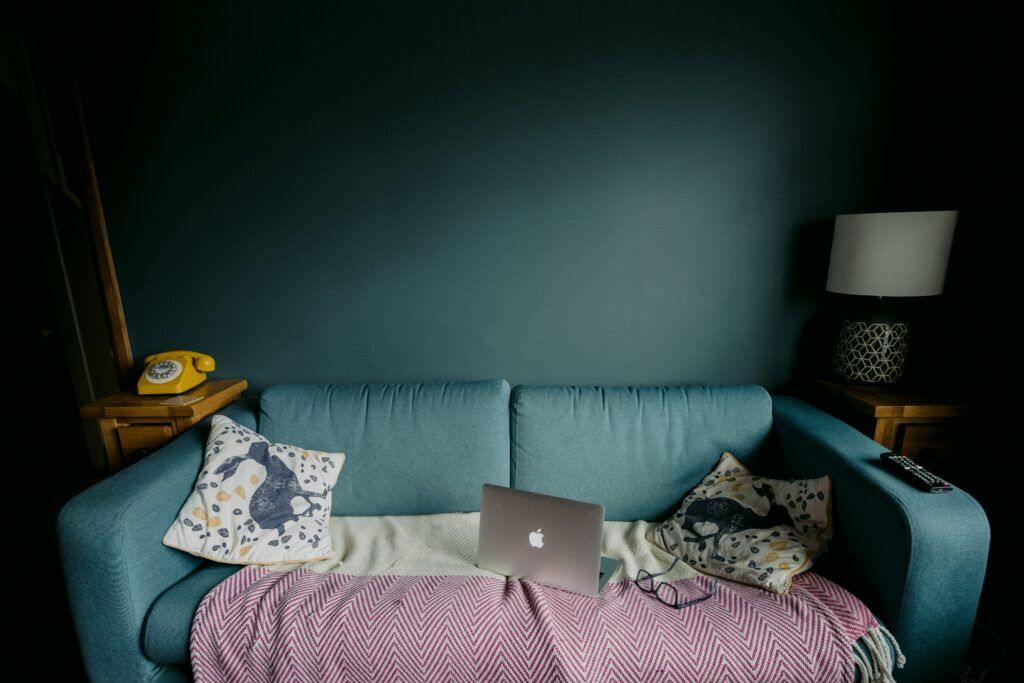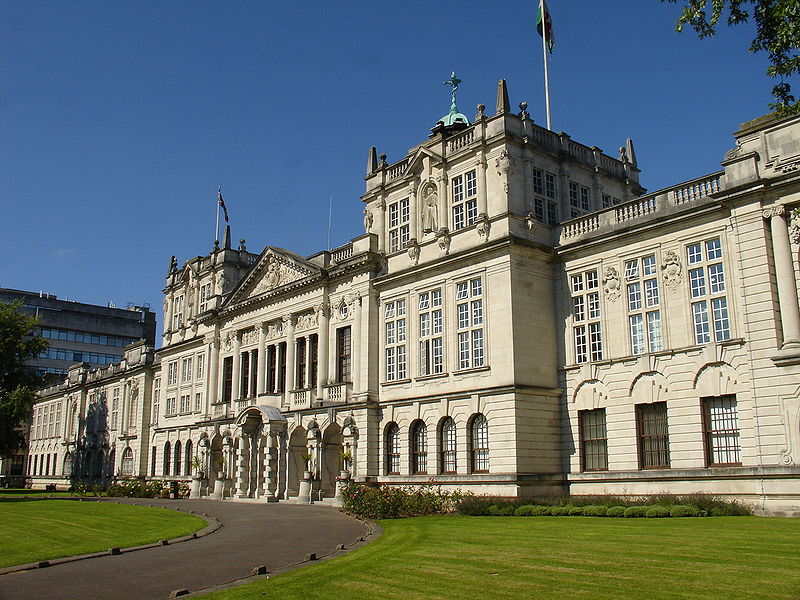Marine Furet reflects on the precarity of the publishing sector in Wales, and looks to creative solutions to address it
A couple of months ago, I spent a few weeks in correspondence with a writer whose article I was editing. Her article was flowing with ideas about work, community spaces, feminism, but our correspondence was frequently interrupted and slow.
In a familiar, awkward duet, deadlines and external work demands (mine) ran headfirst against housing difficulties and caring duties (hers). Still there was goodwill, passionate intellectual discussions happening in the margins of her article, as we exchanged views on points of critical theory in the comments of a Google Doc.
Editing is slow, hushed work, easily lost in the focus on the published version as the endpoint of an article, poem, or story. Much like writing, it’s a labour of love, and one hardly compatible with the demands of quick turnaround publishing, short bursts of funding, deadlines, and search engine optimisation – let alone the much more tangible constraints of parenting and making meals. I am lucky that I thoroughly enjoy it.
After finishing my humanities degree, the move to a non-academic field compressed my notion of time: two weeks now feels like a luxurious amount of time to dedicate to editing a magazine article, however engrossing. Time is only one facet of precarity. All around Wales and the UK, creators of all kinds find the work of thinking, writing, drawing, producing has become increasingly timebound, compressed and mostly unpaid. This is true in publishing, journalism, and far beyond.
In view of persisting insecurities, however, one should ask what possibilities might open if we rethink the terms and conditions in which we regulate and administer funding.
In Wales, household names – Parthian, Honno, Seren – now co-exist with new publishing ventures – Lumin Press, Lucent Dreaming, Nawr to name only a few. While we should be grateful for their existence, the continued evidence of structural precarity and lack of opportunities in the publishing industry should alert us to the ongoing fragility of those grassroots ventures, even as barriers continue to break down between publishing houses and periodicals, newspapers and magazines.
As independent publishers of renown and high quality magazines and periodicals such as Fitzcarraldo or the TLS continue to demonstrate, our access to literature, and the written word generally, currently owes much to those structures that house and nurture the labour of writing. In Wales, New Welsh Review, Planet and others do a lot to support Welsh creativity. At the welsh agenda, we are indebted to Tŷ Newydd, and to the work done by Literature Wales and the Books Council of Wales to upskill writers and indeed fund our own projects to do just this.
In view of persisting insecurities, however, one should ask what possibilities might open if we rethink the terms and conditions in which we regulate and administer funding – or at least consider what happens to existing structures when considered from a new angle.
In another life, when studying British writer Angela Carter, I remember being struck by the story of her refusal of a writing grant from one of the many funding bodies that secured her career as a writer. The letter which authenticates this story is kept at the British Library. In it, we find Carter turning away a grant as, she felt, she had by then enough to subsist, having secured another, possibly more prestigious source of funding.
Robust debate and agenda-setting research.
Support Wales’ leading independent think tank.
There is something utopian about this superabundance of grants that feels jarring in this day and age, but the point of this story is that economic security has enabled and sustained the production of literary masterpieces and enabled careers such as Carter’s, who was a lifelong columnist alongside work on her novels and short stories. In addition to the essential infrastructure of public libraries and an affordable education, cultural agencies and funding organisations devoted to financing the creation of culture have been a part of the literary ecosystem since after the Second World War. We owe them not dry, commissioned work, but also some notable literary successes.
Strained economic conditions make the prospect of a plentiful funding ecosystem an unlikely horizon for the arts and humanities, with even prestigious organisations and magazines at risk of losing their funding. Even still, the emphasis on technology and new media, and the insistence that the arts and creative industries keep up with the demands of intellectual property generation are unlikely to protect the analogue art of writing and editing. As Moya Lothian-McLean recently wrote, the surface accessibility of a profession-like comment writing has paradoxically contributed to its precarity. No need for a fancy setup; ‘all one requires is an opinion, and the ability to express it in half-good English.’ Without opportunities for professional development, however, columnists, critics, and other writers have become easy to exploit, a cheap workforce reliant on freelance work and external funding to cobble together a precarious living wage in an exhausting treadmill Kuba Szreder calls the ‘projectariat’ – subject to the attendant evils of capitalism: overwork and illness.
Should funders target publishing houses, support the creation of new magazines or publishing houses, or further embed existing ones through the creation of new roles?
System change is needed, but until a deep transformation of our institutions and economic institutions comes to pass, the livelihoods of those writers and creatives who currently work in the sector need thinking about.
Like many stories about the publishing industry, this one starts at a networking event reflecting on the impact of funding for publishers in Wales. Having spent the day hearing about a series of impressive publishing and journalistic ventures, it felt as though a revolutionary change within the publishing industry was both nearly within reach and persistently elusive. In the last year, the welsh agenda was the beneficiary of funding that enabled us to pay young writers who, in turn, used allocated budget to commission and edit other writers to work for us, and produce excellent articles about life and the arts in Wales. This felt like a privilege. Yet, nearly a year on, the publishing and periodical sectors are still zeroing in on the best targets, the most effective levers of action. Should funders target publishing houses, support the creation of new magazines or publishing houses, or further embed existing ones through the creation of new roles? If so, how can those roles become better quality, aka full time and permanent? In a climate of austerity and worldwide breakdown, writers, editors and publishers are all too aware of the fragility of public subsidies even as they often rely on them. We see funders themselves becoming wary of their participation in systems of oppression, and of the limits of their role as gatekeepers of access to culture and knowledge.
The Irish pilot for a UBI for the arts, and the idea of some form of guaranteed, no-strings funding has generated criticism, but is only one potential solution amid schemes that attempt to innovate the production of writing, with other examples including the White Pube’s Creatives Grant for working class creatives.
In Wales, inspiring grassroots examples exist. Lumin Press founders Sadia Pineda Hameed and Beau W Beakhouse work against the grain of hierarchical workplaces. In a small literary and publishing ecosystem, their argument is that friends don’t impose deadlines on friends; they also believe friends when said friends say they need the time off; they allow – nay help – said friends to join a union (if one is available).
When looked at from this angle, some binaries begin to shape up, even as some structures begin to disclose themselves: mentorship versus friendship; managing versus safeguarding; curating versus hiring; contracts protecting freelancers rather than their employers. What might funding enable, then, if we start decoupling it from certain structures we have taken for granted – outcome, profit, impact – and consider different frameworks to enable artistic work and allow it to exist in the longer run?
This week, we highlight the role of public interest journalism: why it matters, and what can be done to strengthen it.
All articles published on the welsh agenda are subject to IWA’s disclaimer. If you want to support our work tackling Wales’ key challenges, consider becoming a member.





